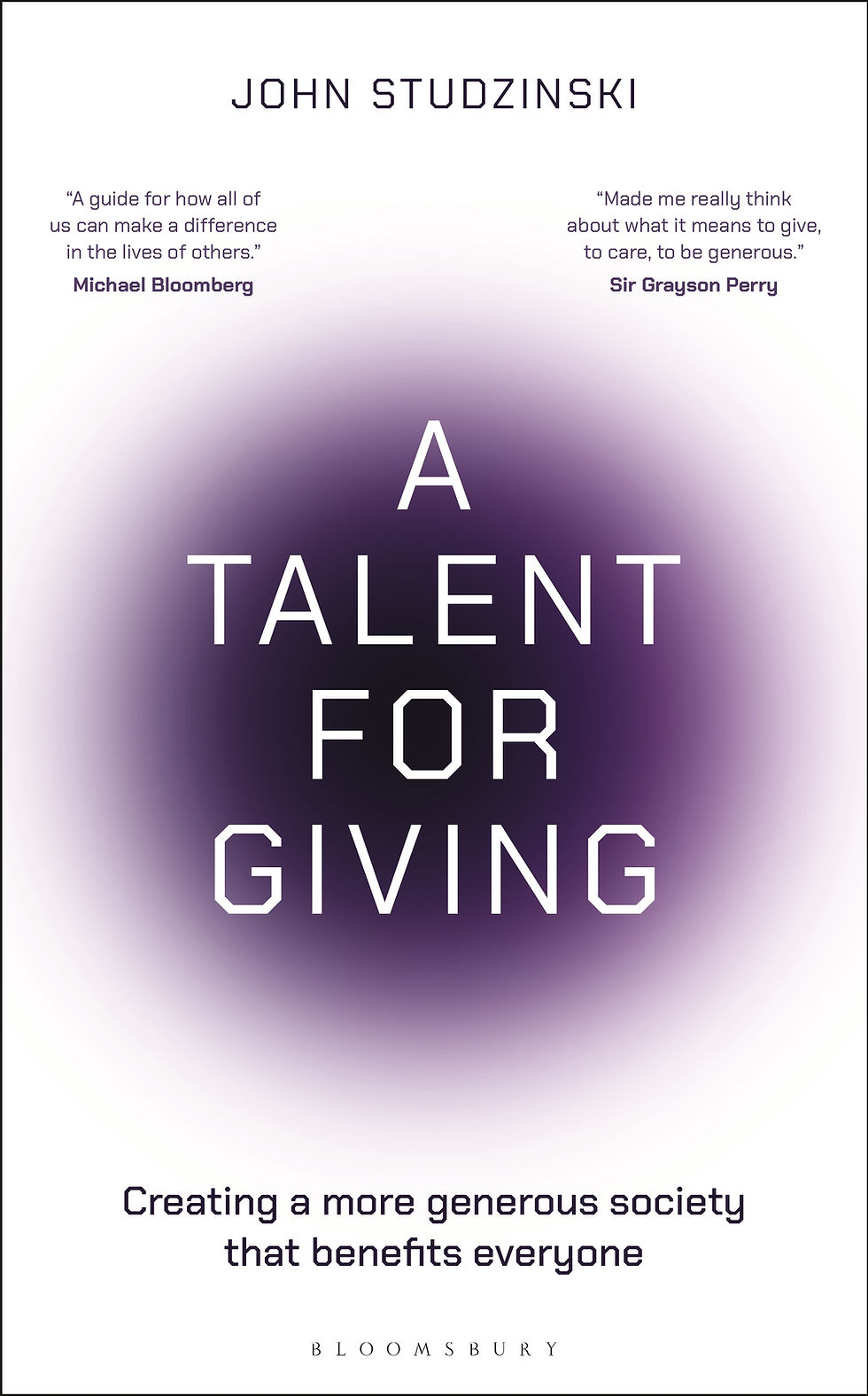Tony Richardson's A Taste of Honey (1961) is a multi-award-winning landmark film in British cinema history and one of the few key films of the British New Wave to have be written by a woman (Shelagh Delaney, adapting her own stage play). Melanie Williams' study explores the many ways in which A Taste of Honey was innovative. It was one of the first films to be made almost entirely on location, its Salford, Manchester and Blackpool exteriors and interiors perfectly curated by production designer Ralph Brinton. It was shot by Walter Lassally in a style liberated from previous orthodoxies about good cinematography and was poetically assembled by visionary editor Anthony Gibbs. The film also launched a wholly new kind of female star in Rita Tushingham, and introducing new faces to British cinema, including Murray Melvin, Paul Danquah, and Robert Stephens. Perhaps most innovatively of all, it boldly but un-sensationally explored class, place, gender, age, ethnicity, sexuality, maternity, and their various intersections at this key moment in post-war British history. Teenage playwright Delaney's strikingly original dramatic vision was sympathetically rendered on screen by Tony Richardson, in perhaps the finest and most fully realised of all his films, and certainly among the finest achievements of the British New Wave he helped to instigate.
A Taste of Honey
Melanie Williams
A study of A Taste of Honey, a landmark film in the British New Wave, in the BFI Film Classics series, published to tie in with the film's 60th anniversary.Rights sold
All rights availableBook Details
Imprint: British Film Institute
Publication Date: 20-04-2023
Format: Paperback | 190 x 135mm | 104 pagesAbout the Author
Melanie Williams is Reader in Film and Television Studies in the School of Art, Media and American Studies at the University of East Anglia, UK. She is author of Female Stars of British Cinema: The Women in Question (2017) and David Lean (2014). She is co-editor of Sixties British Cinema Reconsidered (2020), Transformation and Tradition in 1960s British Cinema (2019), and Ealing Revisited (British Film Institute, 2012).
Material Available

















